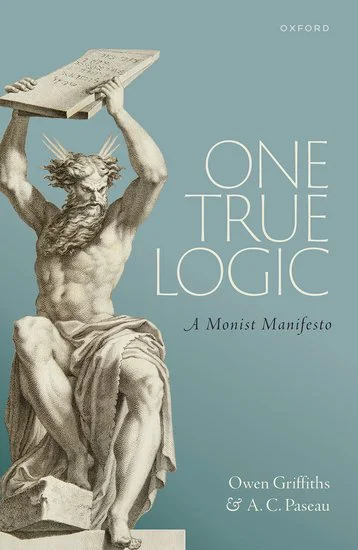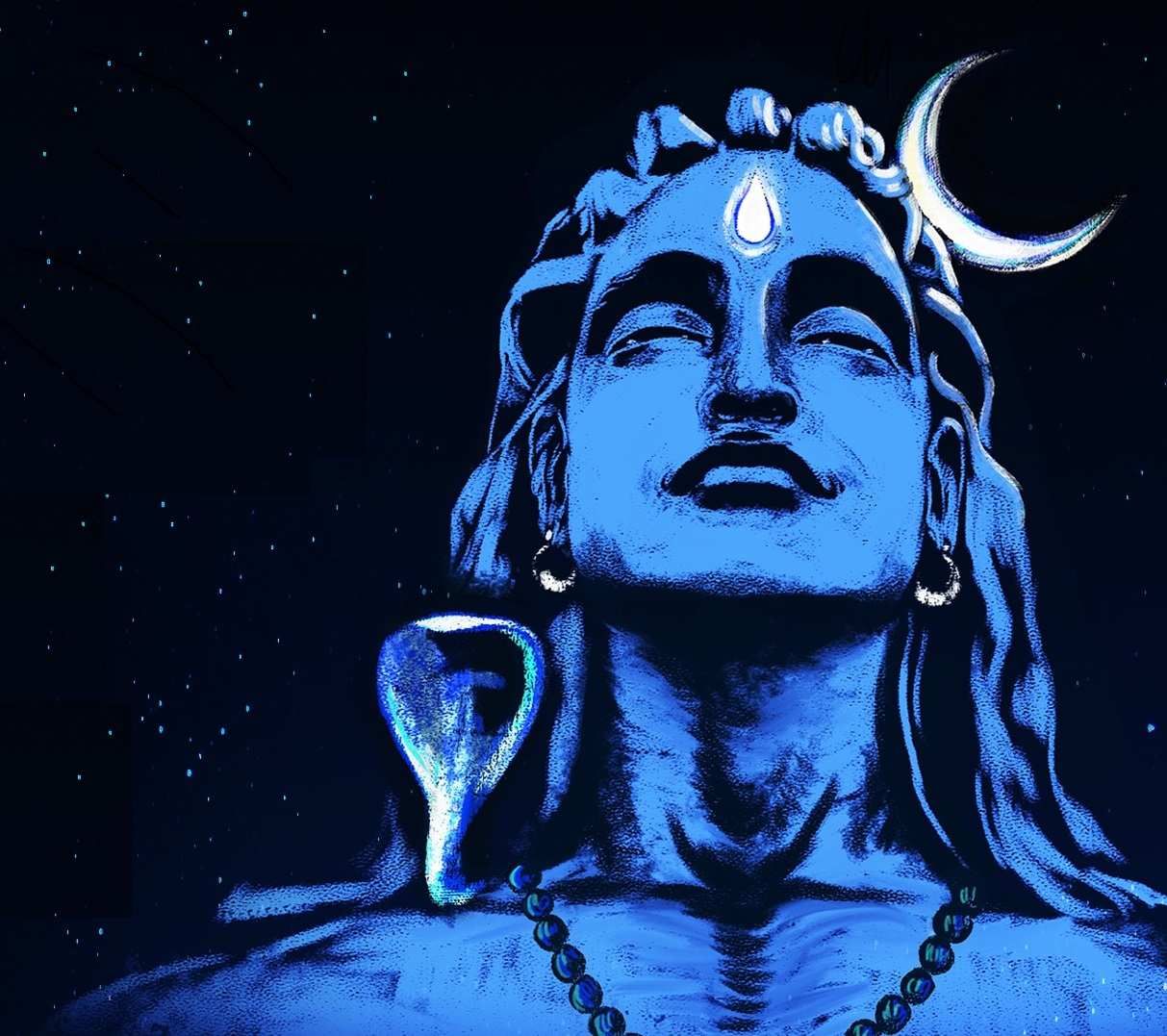What does Bengi mean?
What does Bengi mean?

What Does "Bengi" Mean?
"Bengi" is a Turkish word with deep cultural and historical significance. It is often used as a poetic or symbolic term in Turkish literature, folklore, and traditional art forms. Below, we’ll explore the meaning of "Bengi," its cultural roots, and how it is interpreted in different contexts.
1. Introduction to the Word "Bengi"
"Bengi" is a word that evokes concepts of timelessness, eternity, and immortality. Originating from the Turkic linguistic tradition, it has held significance for centuries, particularly in the realms of art, poetry, and philosophy. For the Turks, "Bengi" is more than just a word—it reflects their cultural connection to the eternal cycle of life, death, and rebirth.
2. Etymology of "Bengi"
The word "Bengi" comes from the ancient Turkic language and is thought to mean "eternal" or "immortal." It is derived from the root "beng," which carries connotations of permanence and continuity. In historical texts, "Bengi" often appears alongside references to the eternal soul, unchanging truths, and the immortal essence of nature.
3. The Symbolic Meaning of "Bengi"
3.1. Eternality and Immortality
At its core, "Bengi" signifies something that transcends the boundaries of time. It is often associated with ideas like:
-
Eternal life
-
The immortality of the soul
-
The infinite nature of the universe
In Turkish culture, this idea connects to spiritual beliefs, where life is seen as a journey that continues in an eternal cycle.
3.2. Usage in Turkish Culture
The concept of "Bengi" has been reflected in many traditional practices, from music and dance to rituals that celebrate the cycles of life and nature. For instance, the term has been incorporated into names for traditional dances and songs, symbolizing the unbroken connection between past and future generations.
4. "Bengi" in Turkish Literature
4.1. Poetic Usage
In poetry, "Bengi" often represents the longing for immortality or the celebration of something timeless, such as love, beauty, or nature. Turkish poets, both classical and modern, have used the term to describe:
-
The endless beauty of nature
-
The immortal legacy of art and culture
-
The eternal bond of love
4.2. Folkloric Significance
"Bengi" also appears in Turkish folk tales and epic poems, where it often describes legendary heroes, eternal love, or the unchanging principles of the universe. These stories serve as reminders of the values and traditions that persist through time.
5. Modern Interpretations of "Bengi"
In modern times, "Bengi" has taken on additional meanings. It is occasionally used as a name for people, symbolizing timeless beauty or an enduring spirit. It is also referenced in creative works like songs, movies, and literature to evoke themes of nostalgia, permanence, or philosophical reflection on the nature of time.
6. Conclusion
The word "Bengi" carries profound meaning, rooted in the idea of eternity and the immortality of the human spirit. Whether in traditional folklore or modern interpretations, "Bengi" serves as a bridge between the past and the future, symbolizing the timeless aspects of Turkish culture.
7. FAQs
1. What does "Bengi" mean in Turkish?
"Bengi" means "eternal" or "immortal" and symbolizes timelessness and continuity in Turkish culture.
2. Where does the word "Bengi" come from?
It originates from ancient Turkic languages and has been used in Turkish literature and folklore for centuries.
3. Is "Bengi" used in modern contexts?
Yes, "Bengi" is sometimes used as a name and is referenced in creative works to symbolize timelessness or nostalgia.
4. What is the cultural significance of "Bengi"?
It reflects the Turkish cultural connection to eternal life, nature's cycles, and the preservation of tradition.
5. Can "Bengi" be used as a name?
Yes, it is occasionally used as a name to represent beauty, immortality, and timelessness.

























